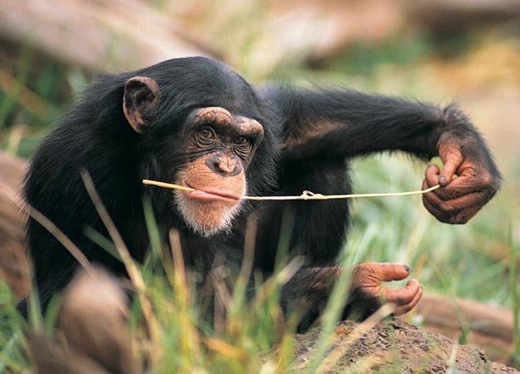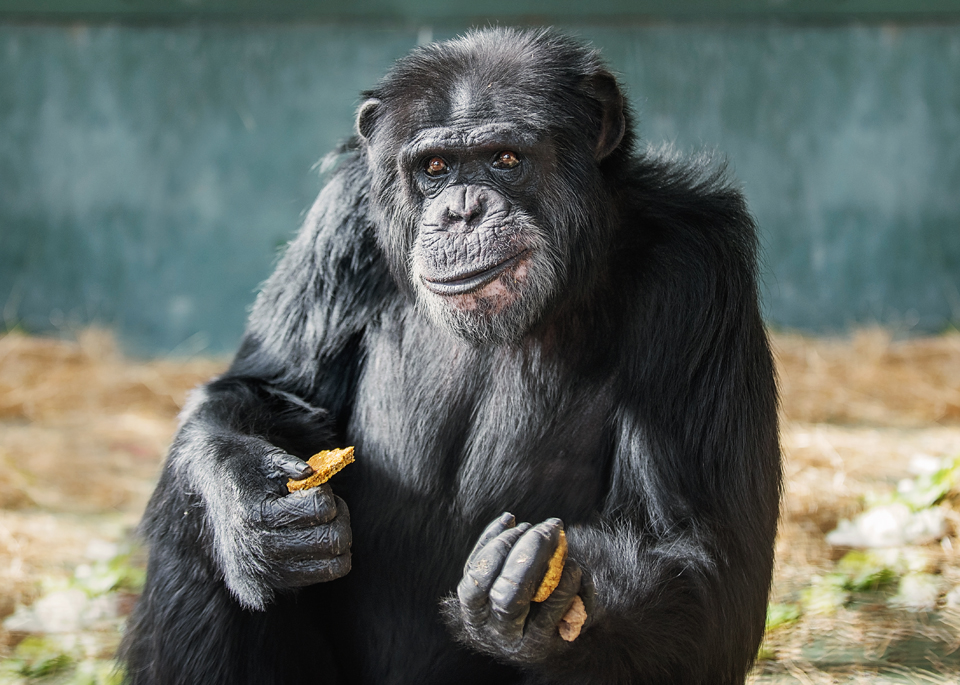

Filial cannibalism also exists in mammals (Polis 1981). In fish and reptile species with parental care, for example, eggs can be cannibalized when the costs of investing in the current clutch outweigh the benefits of future reproduction (Klug et al. We conclude that maternal cannibalism is extremely rare in this primate, likely due to early and strong mother–offspring bond formation, which may have been profoundly disrupted in the current cases.įilial cannibalism-a form of cannibalism in which a parent consumes its own offspring-is relatively common in some animal taxa (Polis 1981). We discuss these observations against a background of chimpanzee mothers consistently refraining from maternal cannibalism, despite ample opportunities and nutritional advantages. We concluded that, in both cases, cannibalizing the infant was unlikely due to health-related issues by the mothers. Neither female presented any apparent signs of ill health before or after the events. In both cases, the mothers consumed parts of the corpse and participated in meat sharing with other group members. Both infants likely died under different circumstances one apparently as a result of premature birth, the other possibly as a result of infanticide. Here, we report two anomalous observations of maternal cannibalism in communities of wild chimpanzees in Uganda and Ivory Coast and discuss the evolutionary implications. The typical response of chimpanzee mothers is to abandon their deceased infant, sometimes after prolonged periods of carrying and grooming the corpse.

In chimpanzees, however, maternal cannibalism has been conspicuously absent, despite high levels of infant mortality and reports of non-maternal cannibalism. The authors propose explanations for why Devota gave birth without “maternity leave”: 1) the baby was preterm and was therefore “not expected” 2) it was her first pregnancy and had not learned the behaviour of “maternity leave” and 3) she felt safe in the group as she may have copulated with a number of males around the time of conception of the infant.Maternal cannibalism has been reported in several animal taxa, prompting speculations that the behavior may be part of an evolved strategy.

In fant ic id e perpetrated by male s ha s been ob se rve d in many pr im ate sp ec ies and is usually explained as being a ma le repr o du cti ve stra te gy, whereby males increase their chance of fathering an infant by killing unrelated infants, and results in the mothers becoming fertile again sooner after birth. The authors found clear evidence for maternity leave from data from their daily attendance records between 19 with a total of 94 bi rths to 36 fema le s. This incident occurred in group “M” from the Mahale Mountains National Park in Tan za nia, which have been studied since 1968.

There have been 45 sightings of infanticide in wild chimpanzee groups in six different populations, but never around the time of birth. Photo of Darwin with the infant that was subsequently cannibalised (Nishie and Nakamura 2018). At the time of the incident in 2014, there were about 60 members in the group, with 20 adult females and 10 adult males. Darwin and other members of the group were subsequently seen eating the newborn. The researchers therefore couldn’t confirm if it was a live or still birth or the sex of the infant. Just a matter of seconds after the mother, Devota, gave birth and before she could touch her newborn, an adult male chimpanzee, Darwin, picked up the infant and took it into the bush. The authors explain that this most likely occurred because the pregnant chimpanzee did not go on “maternity leave”, a period near the time of birth that the mother chimpanzee hides and gives birth alone. The first ever witnessed case of a newborn wild chimpanzee being taken from the mother and subsequently eaten was published by researchers from Japan this week in the American Journal of Physical Anthropology.


 0 kommentar(er)
0 kommentar(er)
